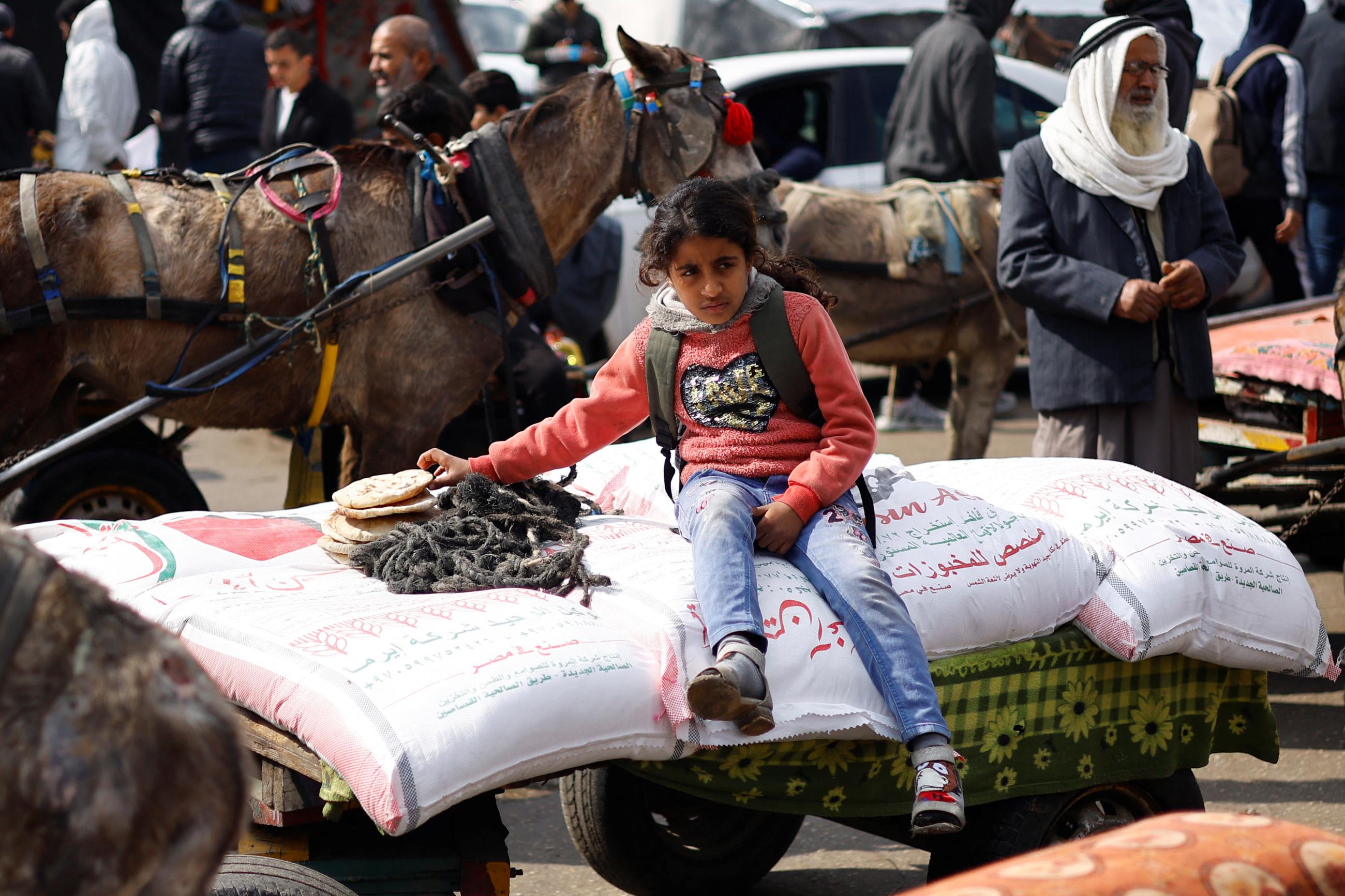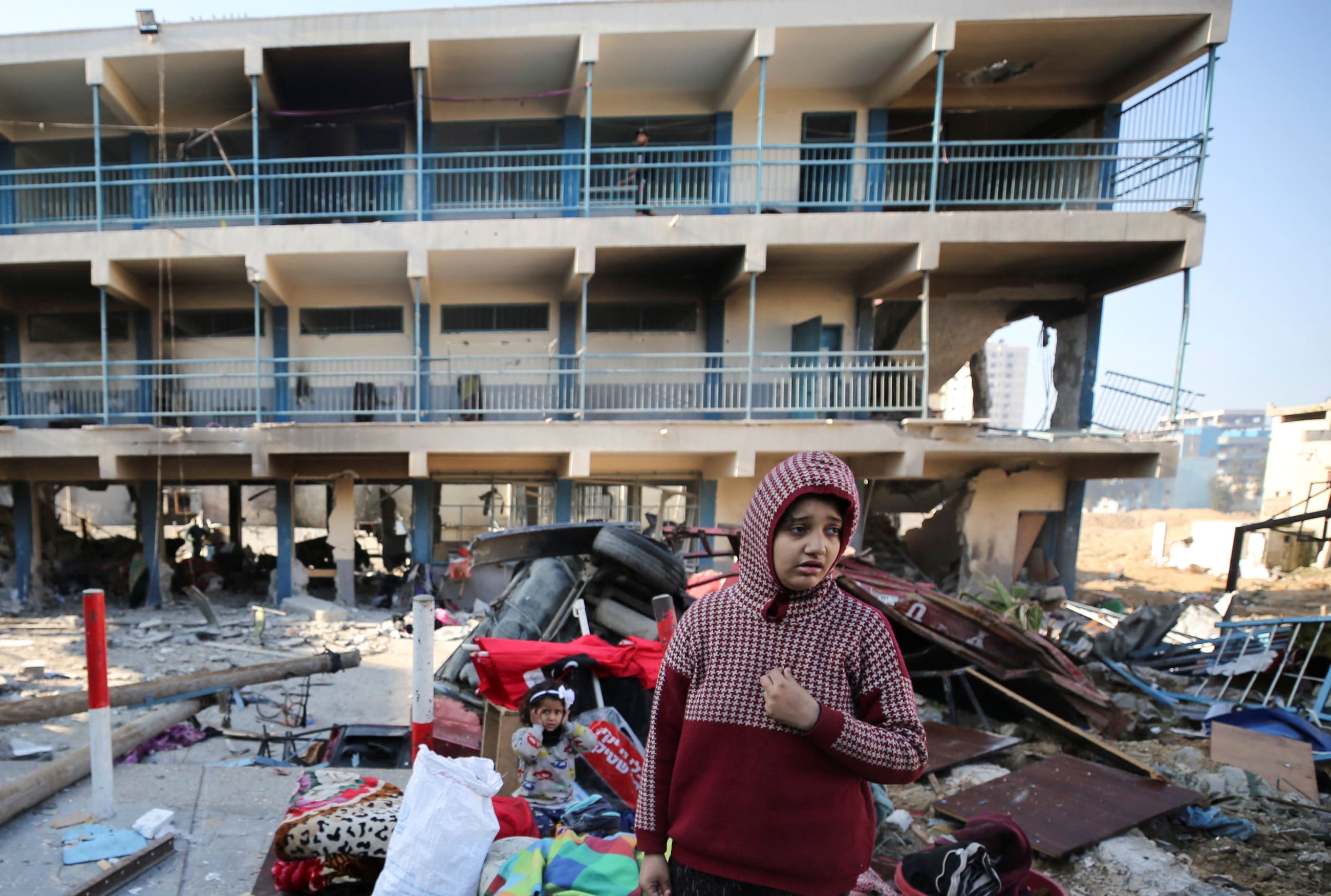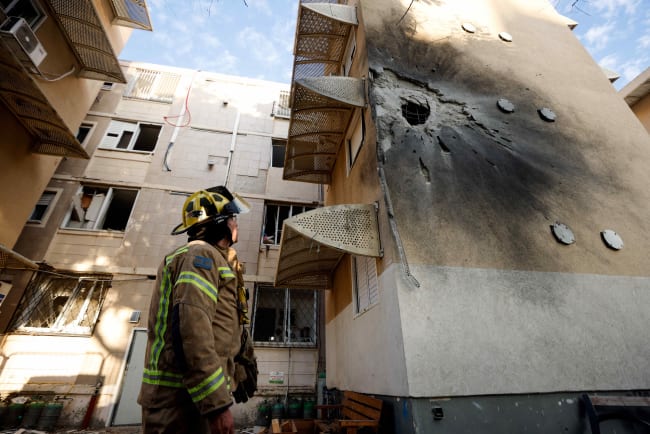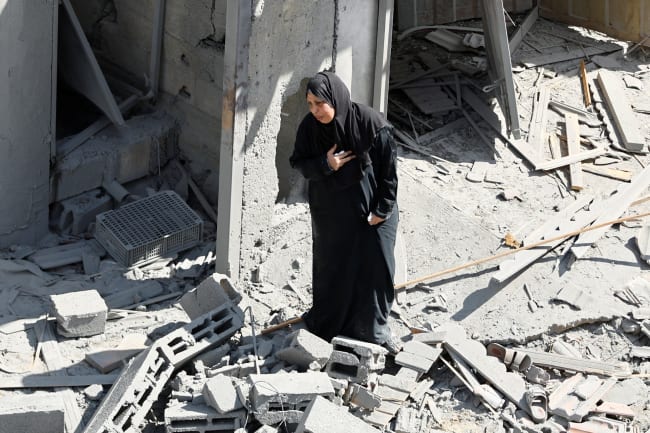After operating under the radar for much of its 74-year history, the United Nations Relief and Works Agency for Palestine Refugees (UNRWA) has become a household name in recent weeks. In late January, Israeli officials alleged that 12 UNRWA staff were involved in Hamas's October 7 attacks in which more than 1,200 Israelis were killed and some 240 taken hostage. The allegations were met with outrage by the agency's Western donors, leading 17 countries to suspend their funding to UNRWA, including its two biggest contributors, the United States and Germany. Things went from bad to worse for UNRWA when it was further claimed that 10% of its staff in the Gaza Strip are members of Hamas or Palestinian Islamic Jihad (PIJ). The allegations are, without a doubt, extremely serious. If true, they constitute a grave violation of UN rules and regulations, which apply to all UNRWA staff. Yet, even though commentators have been scrambling to ascertain the claims' veracity, little evidence has been forthcoming.
UNRWA itself has not been provided with a copy of the dossier compiled by Israeli intelligence, and those who have seen it offer mixed assessments. Secretary of State Antony Blinken called the evidence "highly credible," but noted that the United States had not been able to independently verify the claims. By contrast, the Financial Times says the dossier provides no evidence for the claims it makes against the agency's staff. The sudden allegation that 10% of UNRWA staff are members of Hamas or PIJ has also surprised many long-term observers, given that the agency regularly shares the names of its staff with the Israeli authorities. The timing of the allegations, which dropped immediately after the International Court of Justice (ICJ) ruling that Palestinians face a "real and imminent threat" of genocide in Gaza, has also raised suspicions.
UNRWA has been swift and proactive in responding to the allegations. Commissioner General Philippe Lazzarini immediately terminated the contracts of the 12 staff allegedly involved in the attacks. Even before the allegations were made public, he ordered a full investigation by the UN Office of Internal Oversight Services. It was, in fact, UNRWA and not the Israeli government or military that first went public with the allegations. But if UNRWA's management was hoping that this would assuage the international community, they were quickly proven wrong. As things now stand, UNRWA has been defunded to the point that it will soon be forced to shut down completely.
As things now stand, UNRWA has been defunded to the point that it will soon be forced to shut down completely
The defunding could not have come at a worse time. With UNRWA as the largest humanitarian organization operating in Gaza, no other entity can match its reach or capacity. Gaza's 2.2 million residents are on the brink of famine, 85% have lost their homes, and Israel's decision to cut off the fresh water supply has led to a multifaceted public health crisis. There is no room for error or delay.
Beyond its life saving role, UNRWA is also best placed to support the reconstruction of the devastated Gaza Strip. In a setting where tens of thousands of people have sustained life-changing injuries, many more have been bereaved, 1.7 million have been displaced, and everyone has been traumatized, ad hoc aid projects are not enough. UN Secretary General Antonio Guterres has called UNRWA the backbone of the Gaza aid response; without it, the last vestiges of the Gaza Strip's infrastructure are likely to collapse.
A preliminary report into the Israeli allegations is not expected until early March. But without the reinstatement of funding, UNRWA will have to stop its operations at the end of February. In the face of this dire situation, Lazzarini has referred to the decision to suspend funding as "collective punishment." Defunding the agency now may also contravene the ICJ ruling, which directs Israel to allow humanitarian assistance to Gaza and calls on third parties to prevent any further humanitarian deterioration.
Even though all eyes are, understandably, on Gaza, UNRWA also provides essential services to Palestinians in Jordan, Lebanon, Syria, and the West Bank. In each of these places Palestinian refugees are among the most socioeconomically and politically vulnerable groups. With violence against Palestinians in the West Bank at a record high, Lebanon mired in a severe financial and political crisis, and Syria devastated by its long civil war, UNRWA's role is more essential than ever. Defunding the agency could cause lasting damage across the entire region and will have far-reaching political implications.
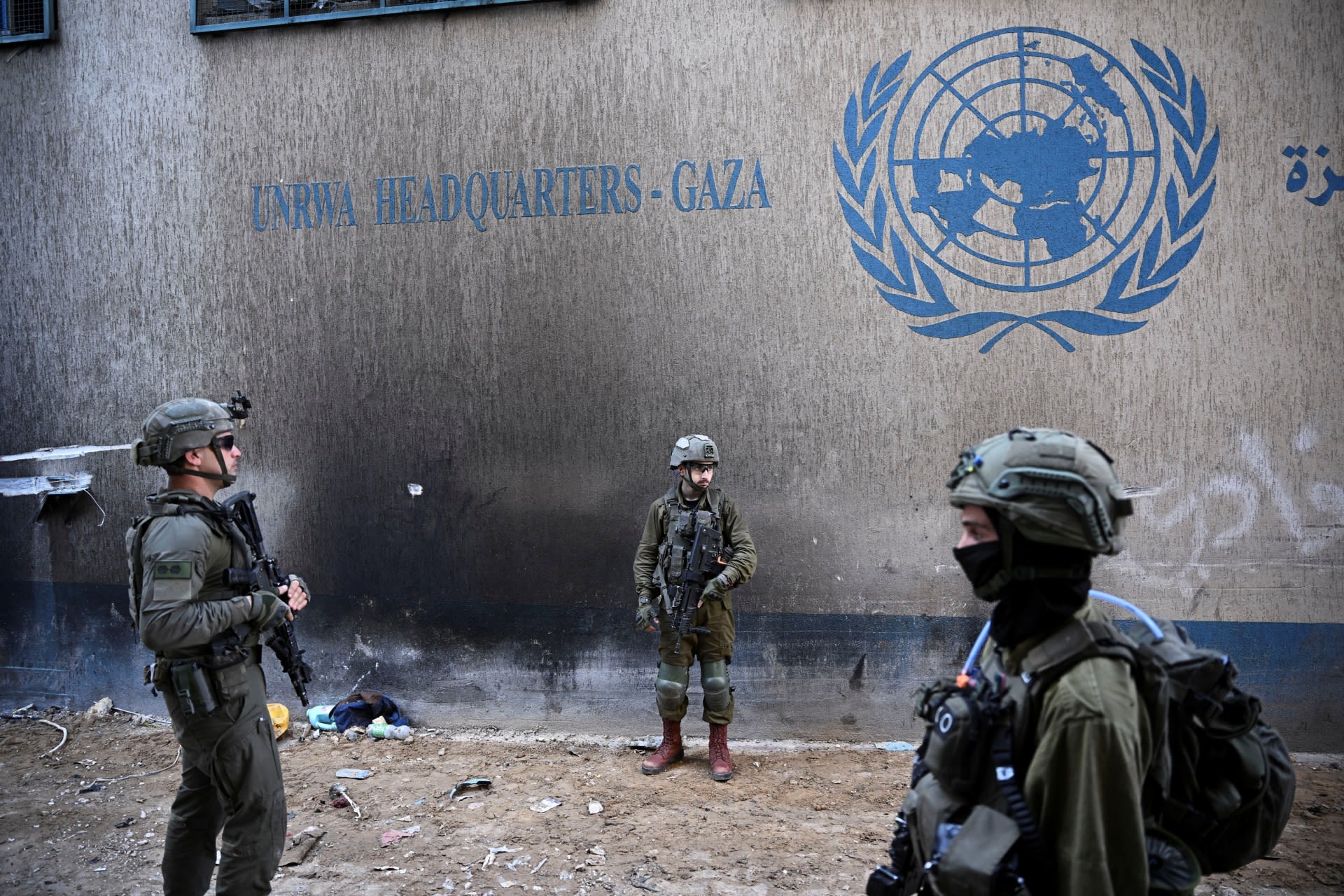
Israel's allegations come after several years in which its relationship with the agency has taken an increasingly hostile tone. From 1950 to 1952, UNRWA operated in Israel serving Palestinian Arab and Jewish populations who were displaced in the 1948 war. It ceased this work in 1952 at Israel's request. Fifteen years later, Israel's occupation of the West Bank and Gaza Strip brought large numbers of UNRWA-registered Palestinian refugees under its control, bringing it into close contact with the agency again. Israel had an obvious self-interest in facilitating UNRWA's presence: the agency's services relieved it of some of the costs it would otherwise incur as the occupying power. As a result, successive Israeli governments tacitly accepted the agency's presence though the relationship has at times been marked by hostility and suspicion.
As Israeli politics have shifted further and further to the right, calls to eliminate the agency have grown. In 2017 and 2018—long before the current war—Netanyahu described the agency as an "obstacle to peace" that should be disbanded. Claiming inaccurately that UNRWA is unique in providing intergenerational refugee status, he contended that it inflates Palestinian refugee numbers. Netanyahu has called repeatedly for UNRWA to be dismantled and Palestinian refugees placed instead under the mandate of the UN High Commissioner for Refugees (UNHCR), which serves all other refugee populations worldwide. According to the Israeli prime minister and his allies, such a move would reduce Palestinian refugee numbers by facilitating their permanent resettlement in the Arab host states.
Even a superficial look at UNRWA's work dispels these claims. Far from being distinctive to UNRWA, intergenerational refugee status is standard practice in contexts of protracted displacement. When providing services in cases of long-term exile—such as those of Afghan, Somali, and Burundi refugees—UNHCR also registers those born in exile.
The UNCCP has been defunct since the late 1950s, leaving Palestinian refugees with no international body pursuing a solution to their plight
Meanwhile, the claim that UNHCR would permanently resettle the Palestinians in exile is based on a flawed understanding of the two agencies' mandates. When UNRWA was created in late 1949, it was given an operational focus and an apolitical mandate. Another UN agency, the Conciliation Council for Palestine (UNCCP), was tasked with engaging in political negotiations regarding the refugees' future. Unfortunately, UNCCP has been defunct since the late 1950s due to a lack of cooperation by the concerned states, leaving the Palestinian refugees with no international body pursuing a solution to their plight.
By contrast, UNHCR is mandated to pursue durable solutions—return, resettlement, or local integration—for the refugees it serves. In practice, very few UNHCR registered refugees are resettled (less than 4% in 2022) and UNHCR's preferred such solution is return—the very thing that the state of Israel is determined to prevent. UNHCR is also not legally empowered to serve Palestinian refugees in UNRWA's areas of work, including Gaza.
Israel also frequently accuses UNRWA of promoting antisemitism in its schools. This accusation centers on the fact that UNRWA teaches the curriculum of refugees' host states (also the preferred practice of UNHCR). In Gaza and the West Bank that means that UNRWA schools teach the curriculum of the Palestinian Authority (PA), which works closely with Israel. Accusations that the PA curriculum promotes hatred and intolerance have been stoked by such organizations as UN Watch and IMPACT-se, which have long demonstrated hostility to the UN, deny the applicability of international law to Palestinian refugees, and adopt dubious and unsound methodologies (including mistranslations, taking content out of context, and reviewing material that is not even taught in UNRWA schools). Moreover, these accusations willfully ignore the fact that UNRWA has a multitier curriculum review process. This includes examining all curriculum content to ensure that it aligns to UN standards and developing alternative teaching material and teacher guidance to address the small number of instances when it does not. Experts have also pointed to the lopsided and narrow obsession with Palestinian textbooks, which overlooks problems with the Israeli education system and the oppressive realities that shape Palestinian children's learning under occupation.
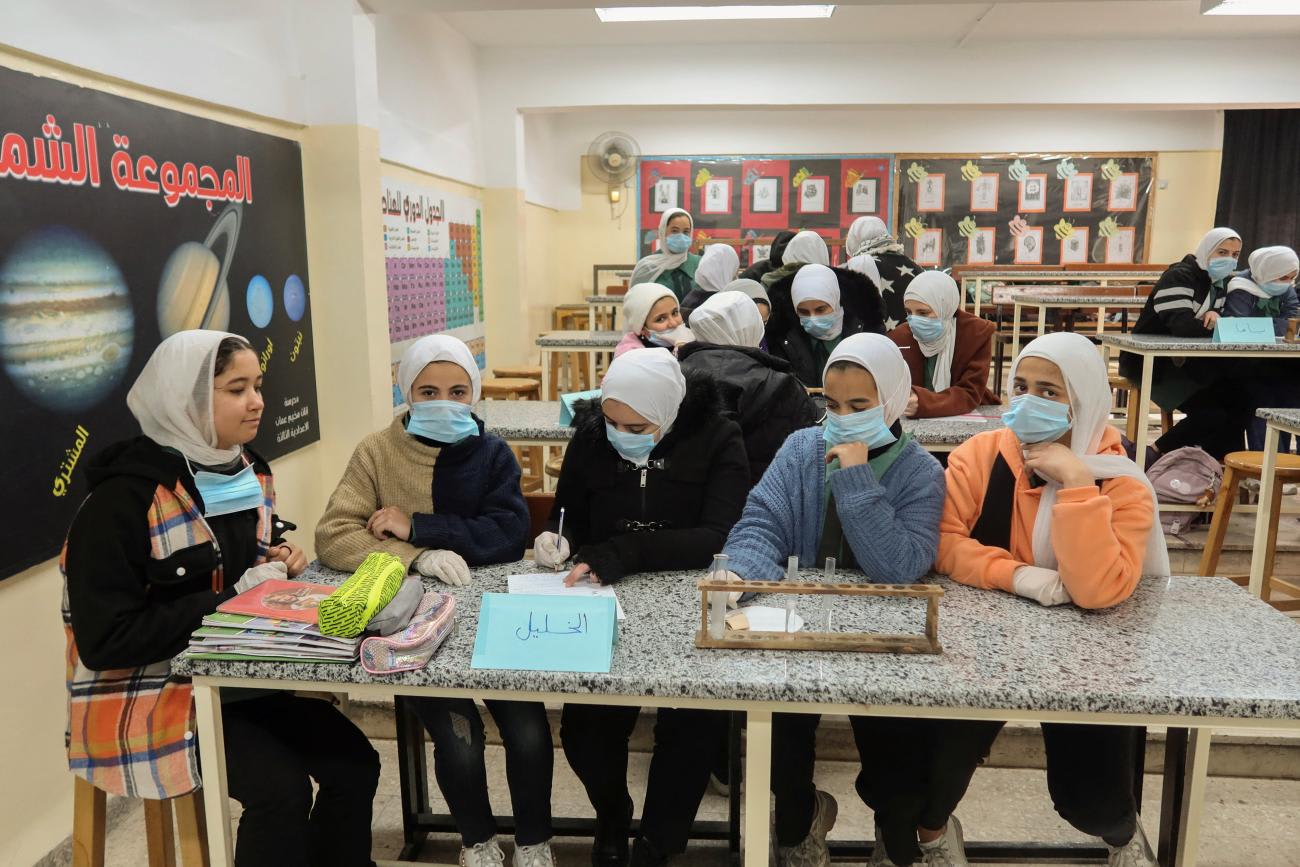
Instead, then, all the evidence suggests that Israel's drive to discredit, defund, and ultimately disband UNRWA is premised on the assumption that if the agency is eliminated, so is the Palestinian refugees' right of return. This thinking underpinned a debate in the Knesset on January 4, in which speakers called for the agency to be "destroyed." It also informed a leaked Israeli Foreign Ministry plan to dismantle UNRWA in three stages: first by reporting on its alleged cooperation with Hamas, then by reducing UNRWA's operations in Gaza, and finally by transferring all its duties to the body governing the Gaza Strip after the war.
Despite this, it appears that no thought has been given to what could replace UNRWA. The suggestion that UNHCR could take over not only is based on a flawed misunderstanding of the right of return in international law and the two agencies' mandates, but also fails to account for the fact that UNRWA educates more than half a million children, provides basic health services to almost 6 million people, and employs more than 30,000.
Far from perpetuating the conflict and reflecting a bias toward Palestinians, UNRWA's longevity and anomalous status as a service provider reflect the failure of the parties concerned to engage in good faith, legally grounded discussions about the refugees' future. Arguably, the biggest irony in this tragic situation is the in-built mechanism to disband UNRWA: to find a just and durable solution to the Palestinian refugees' protracted crisis.
